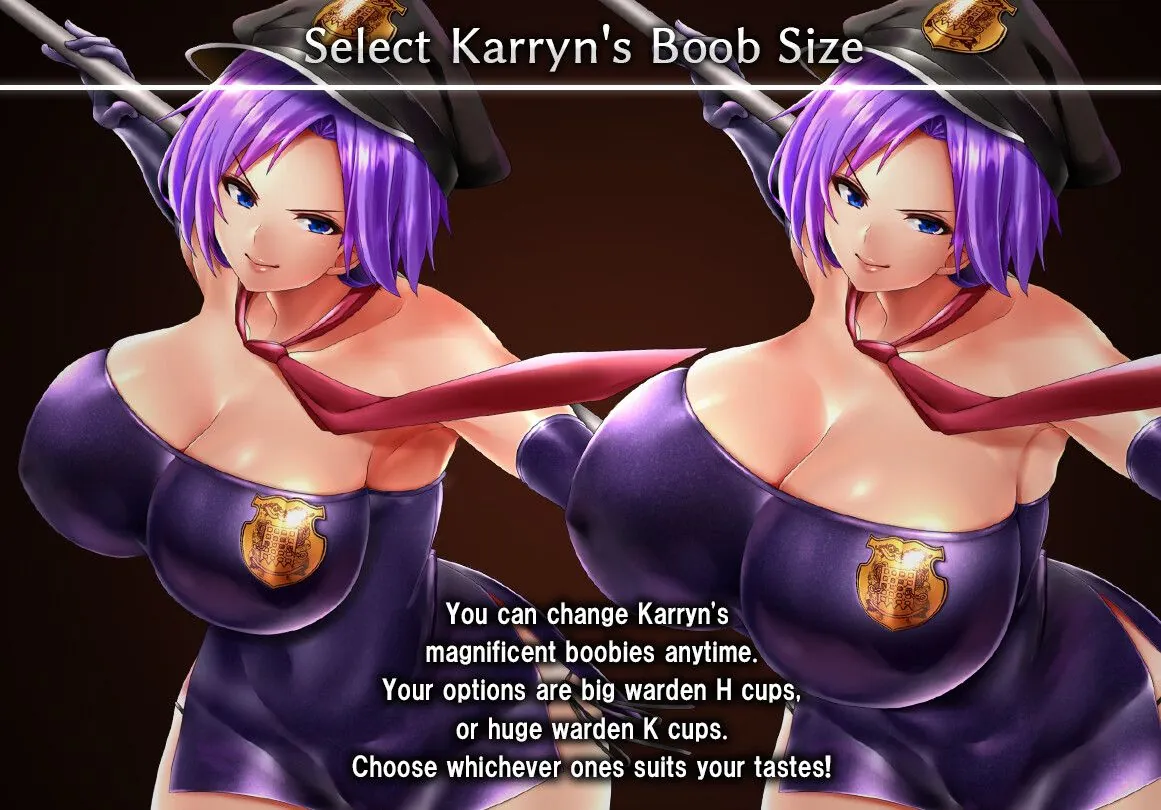
Strangers on Paper
Play Strangers on Paper
Strangers on Paper review
Exploring the Story, Choices, and Unique Features of Strangers on Paper
Strangers on Paper is a story-driven visual novel that invites players to reconnect with people from their past through meaningful choices. Unlike many games in its genre, it emphasizes narrative depth and character development over explicit content, making it a unique experience for fans of interactive storytelling. In this article, we’ll explore what makes Strangers on Paper stand out, how player decisions shape the journey, and why it has captured the attention of visual novel enthusiasts.
Understanding the Core Story and Themes of Strangers on Paper
Ever found yourself scrolling through your phone, looking at names of people you haven’t spoken to in years? 🤔 That weird mix of nostalgia, curiosity, and a tiny bit of regret? That’s the exact feeling Strangers on Paper captures and turns into an entire world for you to explore. It’s a game that asks a simple but powerful question: what if you reached out?
This isn’t your typical high-stakes adventure; it’s a quiet, thoughtful journey back to the people who once mattered. The Strangers on Paper story is a masterclass in emotional, interactive storytelling, making you the author of your own reconnections. Let’s pull up a chair and dive into the heart of this incredible experience. ☕
### What Is Strangers on Paper About?
At its core, Strangers on Paper is about rediscovery. You play as someone who, for their own reasons, has become disconnected from their past. The game begins when you decide to send a message to a few old acquaintances you’ve lost touch with. These aren’t just random names; they are fully realized characters with their own lives, struggles, and memories of you—some fond, some complicated. 😅
The brilliance of this setup is its relatability. We’ve all been there. The Strangers on Paper narrative doesn’t rely on fantastical plots; its power comes from the deeply human experience of trying to bridge a gap you helped create. You’re not saving the world; you’re trying to save, or at least understand, a few fragile relationships. It’s a character-driven visual novel in the truest sense, where the plot is secondary to the people in it.
I remember my first playthrough, deciding to message Alex first—the friend I’d had a silly falling out with over a concert ticket years ago. The game perfectly captured that nervous anticipation of waiting for a reply. Would they be happy to hear from me? Angry? Indifferent? That palpable tension is where the game truly shines. ✨
### How Does the Narrative Unfold?
The magic of Strangers on Paper is that your journey is uniquely yours. This is a premier example of a multiple endings visual novel, where your choices carry real, tangible weight. The narrative unfolds primarily through text messages, but it’s so much more than just picking dialogue options. Every response you choose, every question you ask (or avoid), and even the timing of your replies shapes your relationships and, ultimately, the conclusion of each story arc.
You might decide to be deeply apologetic to one character, while taking a more humorous, deflectful approach with another. The game remembers everything. A throwaway comment in chapter two might be brought back up in a heartfelt confrontation in chapter five. This creates a fantastically organic flow, making the Strangers on Paper story feel less like a pre-written script and more like a conversation you’re actively participating in. 🗣️ ➡️ 🗨️
The structure allows you to juggle conversations with multiple characters at once, which mirrors the chaos of modern communication. It’s up to you to decide who to prioritize, and those decisions directly influence your available endings. Will you mend every broken fence, or will you realize that some relationships are better left in the past? The power—and the responsibility—is in your hands.
To give you a clearer picture of how your choices branch out, here’s a breakdown of the main story paths:
| Character Arc | Key Decision Points | Possible Endings |
|---|---|---|
| Reconnecting with Alex | Addressing the past argument directly vs. avoiding it; Supporting their new career vs. expressing doubt | Close Friends Again, Cordial Acquaintances, Permanent Estrangement |
| Reconnecting with Sam | Being open about your own struggles vs. keeping the focus on them; Encouraging them to reconcile with their family vs. supporting their independence | Deep Emotional Support, Surface-Level Friends, They Cut Ties |
| Reconnecting with Jordan | Trusting their explanations vs. being skeptical; Joining their new project vs. advising caution | Trusted Partners, Cautious Friends, You Decide to Distance Yourself |
This focus on player agency is what sets its visual novel storylines apart. There’s no “good” or “bad” ending, only endings that feel true to the story you crafted through your choices.
### Themes Explored in the Game
If the story is the heart of Strangers on Paper, its themes are the soul. This game is a thoughtful exploration of some of life’s most nuanced subjects. The developers have intentionally crafted an experience focused on emotional maturity rather than shock value, which makes its messages all the more powerful. 💖
-
The Complexity of Human Connection: This is the big one. The game brilliantly shows that relationships are rarely simple. They are messy webs of shared history, misunderstandings, silent expectations, and growth (sometimes in different directions). The Strangers on Paper themes ask you to sit with that discomfort and complexity, rather than providing easy answers.
-
Personal Growth and Accountability: A huge part of the narrative involves looking inward. Reconnecting with your past forces you to confront who you were and who you’ve become. The game often presents you with opportunities to either apologize for past behavior or excuse it. This push for personal accountability is a refreshing and mature take for the genre.
-
Nostalgia vs. Reality: We often remember the past with rose-tinted glasses. 🕶️ A core tension in the Strangers on Paper story is the clash between your nostalgic memories of these people and the reality of who they are now. They’ve changed, you’ve changed, and the game is about navigating that new terrain without the crutch of the past.
-
The Courage to Be Vulnerable: Every message you send is an act of vulnerability. The game makes you feel the risk involved in opening up, in saying “I’m sorry,” or in admitting “I miss you.” It argues that this vulnerability, despite being terrifying, is the foundation of any meaningful connection.
What I love most is how the game handles these Strangers on Paper themes with a gentle hand. It doesn’t preach; it presents situations and trusts you to feel your way through them. My own playthrough was a surprisingly reflective experience, making me think about my own “strangers on paper” and the quiet stories we leave behind. It’s a powerful reminder that the most compelling stories are often the ones we live every day.
Strangers on Paper offers a compelling visual novel experience that prioritizes story and character development through meaningful player choices. Its nuanced approach to relationships and personal journeys sets it apart in the genre, providing players with an emotionally engaging and replayable adventure. Whether you’re a seasoned fan of visual novels or new to the format, Strangers on Paper invites you to explore the complexities of reconnecting with the past in a thoughtful and immersive way. Dive in and discover the paths your choices will create.













